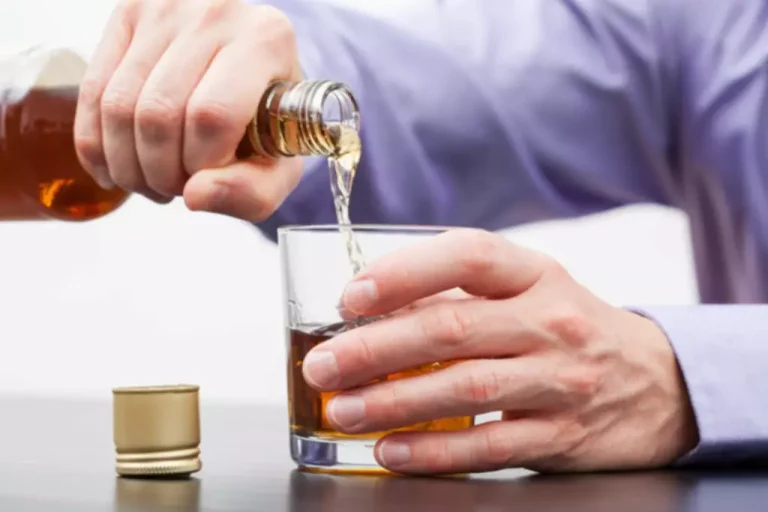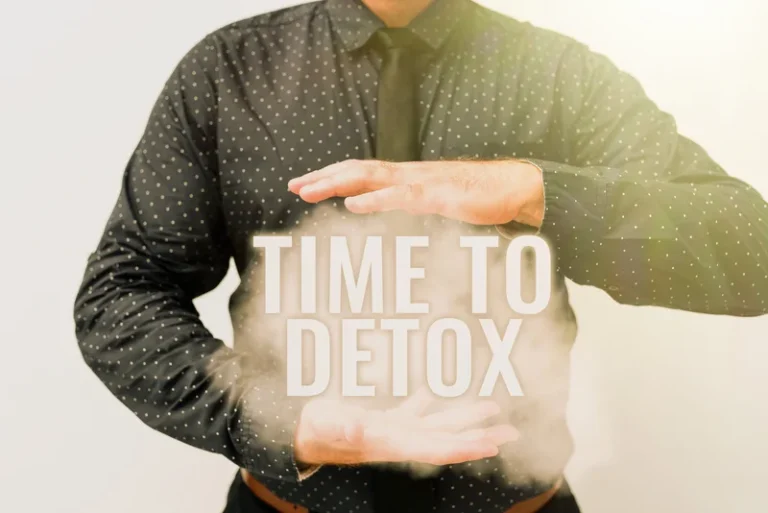
Currently focused on advocating, educating and developing projects leveraging evidence based, real time technology to support individuals in recovery. Business professional in the Addiction Recovery and Mental Health industry for the past 26 years. As you can see, there are a lot of different tactics that a person can use in order to overcome loneliness. The most important things to keep in mind are accepting where you’ve been and where you are and finding a sense of meaning in everyday life. These relationships won’t heal overnight, but it’s important to make attempts to rekindle the relationship, beginning by apologizing and taking ownership of the situation.
What is for Dinner – Healthy Habits
Similarly, finding a sense of meaning helps give you tools to fight against loneliness and SUD. This can be things like new hobbies, a new career, education, and much more. What’s important is that you have something to strive towards rather than letting SUD regain control of your life. Fighting loneliness can have the effect of fighting addiction too, as positive relationships impact your life in a significant way. Support groups and treatment will help to break the cycle of addiction, but lifestyle changes can also bring positive changes and greatly improve the situation. Yes, loneliness and addiction share neurobiological pathways that impact reward processing and emotional regulation.
- Reconnecting with old friends can help improve your mental health, but don’t be afraid to end relationships that are harmful to your sobriety.
- We’ll review the research on the topic – there’s not much – and conclude with our top ten tips on managing loneliness during recovery.
- We have ended up in the most technologically connected era with the least socially connected human beings.
Go to Meetings Regularly
- It is easy to feel isolated and alone while you try to find the right support group, mend broken relationships, and end toxic associations with those who took part in your addiction.
- Most people need a certain amount of human contact to feel good, and strong social support is necessary to maintain sobriety.
- Next time you’re waiting for a bus, in the queue in a coffee shop, or anywhere with people, start a conversation with someone next to you.
- Keeping the positives in mind should make it easier to make new friends and reconnect with your community.
- This can help you build relationships with others who may be suffering.
Accepting and remaining accountable for your actions can help you come to terms with the issues and help you heal from them. Our Treatment Advisors are available 24 hours a day to help you or a loved one access care. We’re ready to make sure you have the support you need to achieve lifelong recovery. These changes, together with appropriate therapy programs, can have a strong positive impact on your life and help you fight both loneliness and addiction. In my piece, “When Did We Stop Talking to Each Other,” I mention how easy it is for us to look at our phones rather than at the world around us. The challenge is the world around us is a lot more fulfilling — including the people in it!
- In her own presentation at South by Southwest earlier this year, Santos cited research that showed workplace friendships and a sense of belonging are vital to employees’ happiness –- and companies’ success.
- Sign up for classes or join groups that revolve around these new interests or hobbies.
- No matter what recovery community you join, it’s important that you attend some kind of meeting or group aimed at helping you stay on the road to recovery.
- If you’re curious about a finding a sponsor, ask anyone at an AA or NA meeting, click the link above, or talk to your therapist or counselor.
Addiction Lead to Recovery, and Recovery Lead to Being a Good Dad

It is human nature to seek out like-minded individuals in order to feel connected. Building a strong, sober support network will discourage your feelings of loneliness. In addition to being a common symptom of a mental illness diagnosis, loneliness is also typical during addiction recovery. You tend to sequester yourself away from friends and family due to the negative stigma https://ecosoberhouse.com/article/the-importance-of-gratitude-in-recovery/ that surrounds substance abuse and recovery when, in reality, this is when you need support the most. This situation contributes to loneliness among those with mental health concerns, people who are living with addiction and anyone who experiences comorbid diagnoses. If that feeling of isolation becomes too great, it can be a factor in the presence of suicidal ideation.
To get started on the road to recovery, or if you have questions about helping yourself or a loved one, call us today or schedule a confidential assessment online and begin treatment. Addiction Resource aims to provide only the most current, accurate information in regards to addiction and addiction treatment, which means we only reference the most credible sources available. This same age group also experienced more than an 18% increase in deaths from alcohol abuse. This could have contributed to the increase in fatal overdoses that all demographics in America experienced at this time, particularly older adults.

One early study discussed the necessity of psychological intervention and mental health care during disasters of all kinds, and COVID-19 was no exception. Additionally, one study shows that the greater the feelings of isolation and loneliness, the greater the impact on a person’s mental health. Isolation leads to people feeling more lonely, and loneliness can lead loneliness in sobriety to substance use. Feelings of isolation, depression or anxiety can lead to addiction. On the one hand, some people use alcohol or drugs to function in social situations, as these substances help them feel like the life of the party. However, those struggling with loneliness often use these substances as a substitute for healthy interpersonal relationships.

The Power of Person First Language in Addiction Treatment
If you’ve just come home from inpatient addiction treatment, where you were around people most of the time, you might suddenly find a normal amount of alone time rather stark. None of the people you are used to chatting with in the dining hall or rec room are around anymore. It’s common for individuals with addiction to alienate family and friends. During the process of recovery from addiction, it can help feelings of loneliness to make amends with friends and family. All too often, people working towards sobriety find themselves working hard to fight off heavy feelings of loneliness. While everyone’s journey and struggle is unique, loneliness is a uniting factor most people in recovery can share.